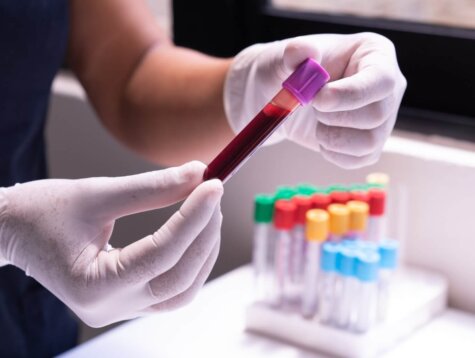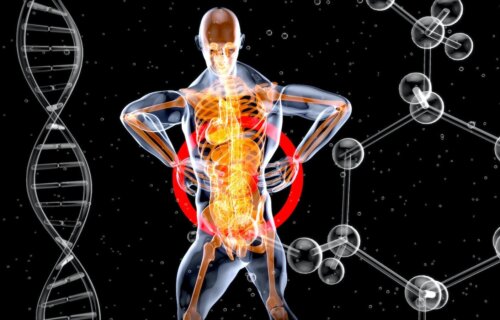STANFORD, Calif. — A new blood test can now predict which organ in a person’s body is likely to fail first, according to scientists at Stanford Medicine. This method can determine the rate of aging in our organs and assess the risk of diseases like Alzheimer’s, diabetes, and heart disease. The study reveals that approximately one in five healthy adults over the age of 50 have at least one organ aging at a significantly faster rate.
The research finds that having an organ aging rapidly increases the risk of mortality by 15 to 50 percent over the next 15 years, depending on the affected organ. The team aims to use this prediction to prevent organ failure by starting treatment before patients show any signs of illness.
“We can estimate the biological age of an organ in an apparently healthy person. That, in turn, predicts a person’s risk for disease related to that organ. Numerous studies have come up with single numbers representing individuals’ biological age — the age implied by a sophisticated array of biomarkers — as opposed to their chronical age, the actual numbers of years that have passed since their birth,” says Professor Tony Wyss-Coray from Stanford Medicine, in a media release.
“When comparing each organ’s biological age to a large group of healthy people, we found that 18.4% of those 50 or older had at least one organ aging much faster than average, putting them at a higher risk for disease in that organ within the next 15 years.”

To reach these results, the team analyzed the blood protein levels of 5,678 individuals. They linked these protein levels to specific organs and identified proteins whose genes were significantly more active in one organ compared to others. Using an algorithm, they predicted the biological age of each organ and compared it to the person’s actual age.
The study reveals that disparities in the predicted and actual ages of 10 out of 11 studied organs were closely linked with an increased risk of death from various causes over 15 years. People with accelerated heart aging faced a 2.5 times higher risk of heart failure than those with normally aging hearts.
Similarly, those with “older” brains had a 1.8 times higher chance of cognitive decline over five years compared to those with “younger” brains. This accelerated aging in the brain or vasculature was as effective in predicting Alzheimer’s disease progression as the best current clinical biomarkers. Additionally, rapid aging in the heart and kidneys aided in predicting hypertension, diabetes, atrial fibrillation, and heart attacks.
“If we can reproduce this finding in 50,000 or 100,000 individuals, it will mean that by monitoring the health of individual organs in apparently healthy people, we might be able to find organs that are undergoing accelerated aging in people’s bodies, and we might be able to treat people before they get sick,” Prof. Wyss-Coray concludes.
The findings are published in the journal Nature.
You might also be interested in:
- Best Anti-Aging Serums: Top 7 Brands Most Recommended By Beauty Experts
- Anti-aging molecule? Potential treatment to revive deteriorating muscles discovered by Stanford scientists
- Over COVID? Doctors warn multiple infections can lead to organ failure, even death
South West News Service writer Isobel Williams contributed to this report.
